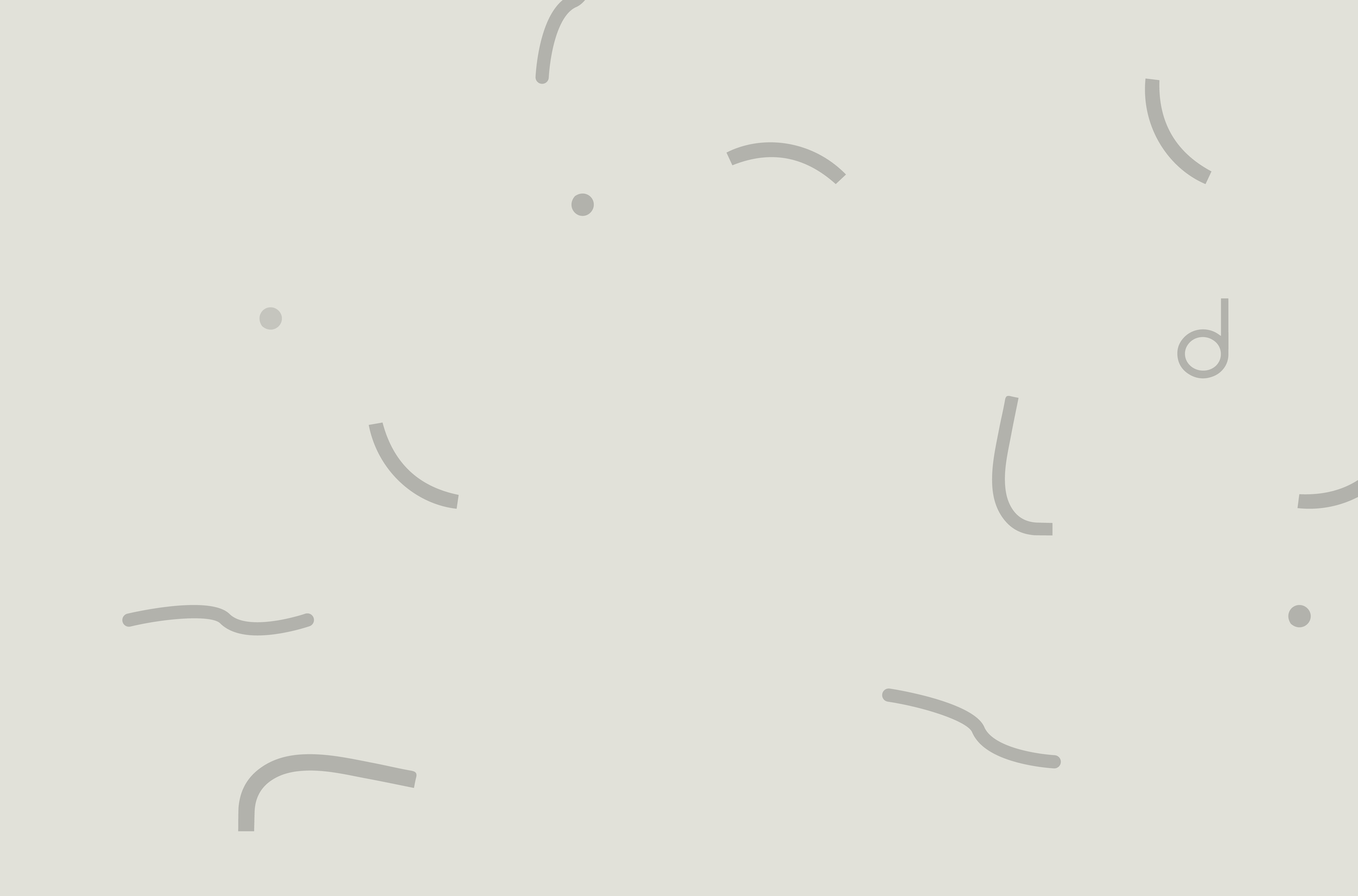
* this video has no sound.
Enrol Here
•
NEW: AI Fundamentals For Lighting Designers
•
Enrol Here • NEW: AI Fundamentals For Lighting Designers •
Embark on an enlightening journey with Light Talk, your gateway to four decades of Martin Klaasen's expert lighting insights, industry conversations, and educational resources, all designed to illuminate the art and science of lighting design.
Watch the fascinating world of light unfold as you explore Martin Klaasen's vlogs, industy dialogues, and step-by-step project tours.
Listen to enriching stories, deep insights, and expert opinions unravel in Martin Klaasen's captivating podcast episodes.
Read through thought-provoking narratives, professional experiences and industry trends captured in Martin Klaasen's engaging blogs.
Learn directly from a master, absorbing the knowledge, techniques and the artistry of lighting design through Martin Klaasen's illuminating masterclasses.
New Course: AI Fundamentals for Lighting Designers.
Download and delve into Martin Klaasen's esteemed works 'Light Talk, a Year in the Life of Light' and 'Light Talk 2, 16 Years in the Life of Light' - your indispensable resources to follow the journey of lighting design, right at your fingertips.
My Services
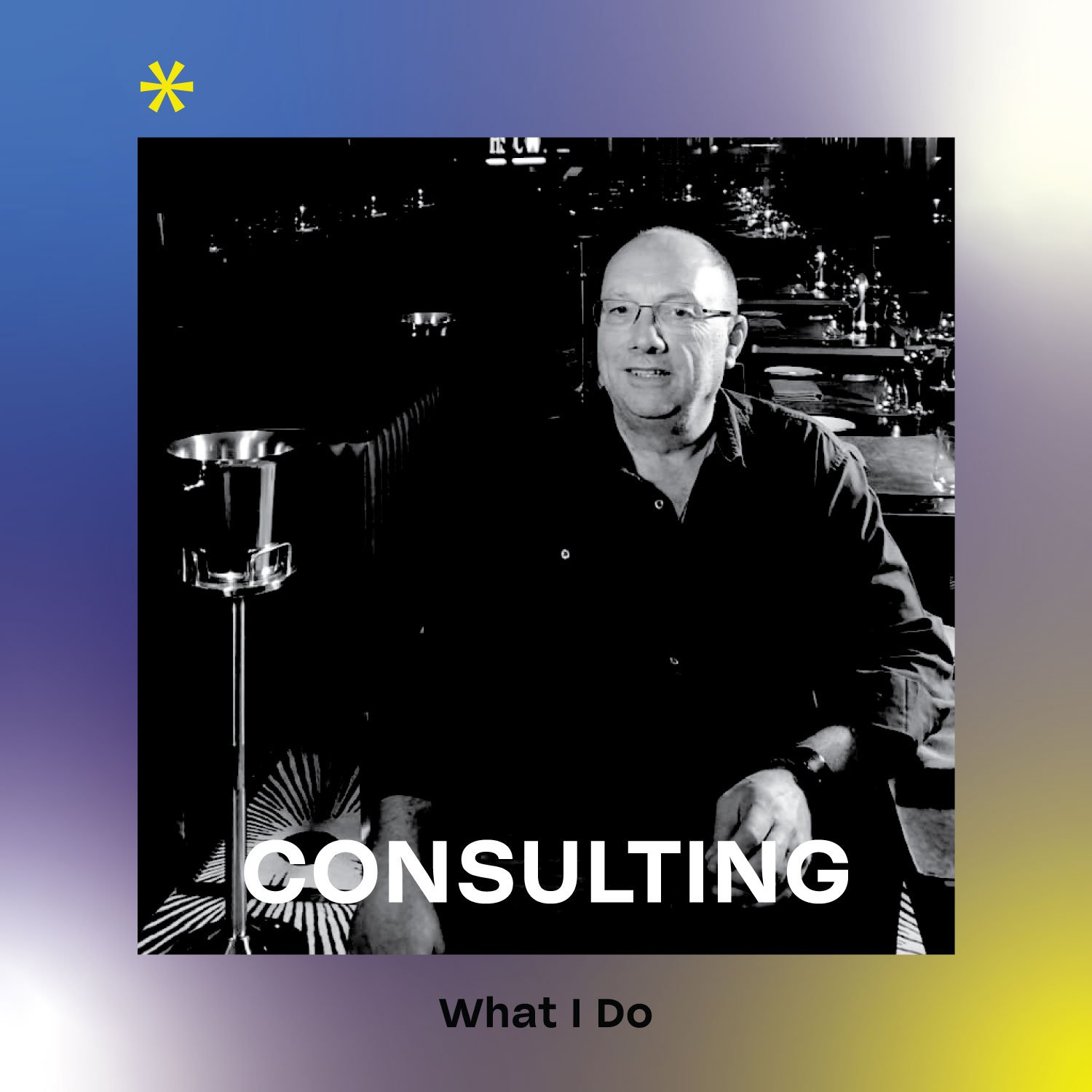
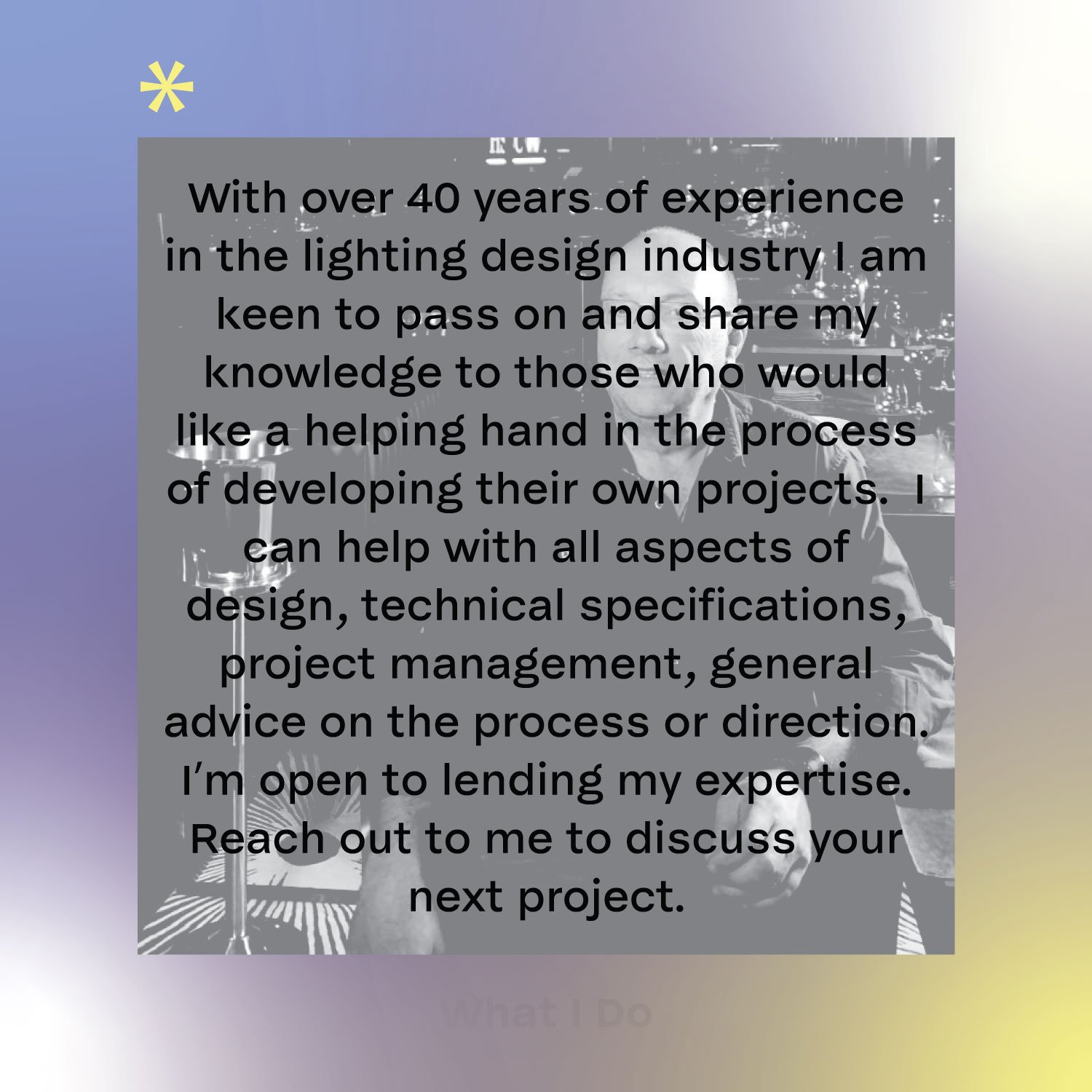
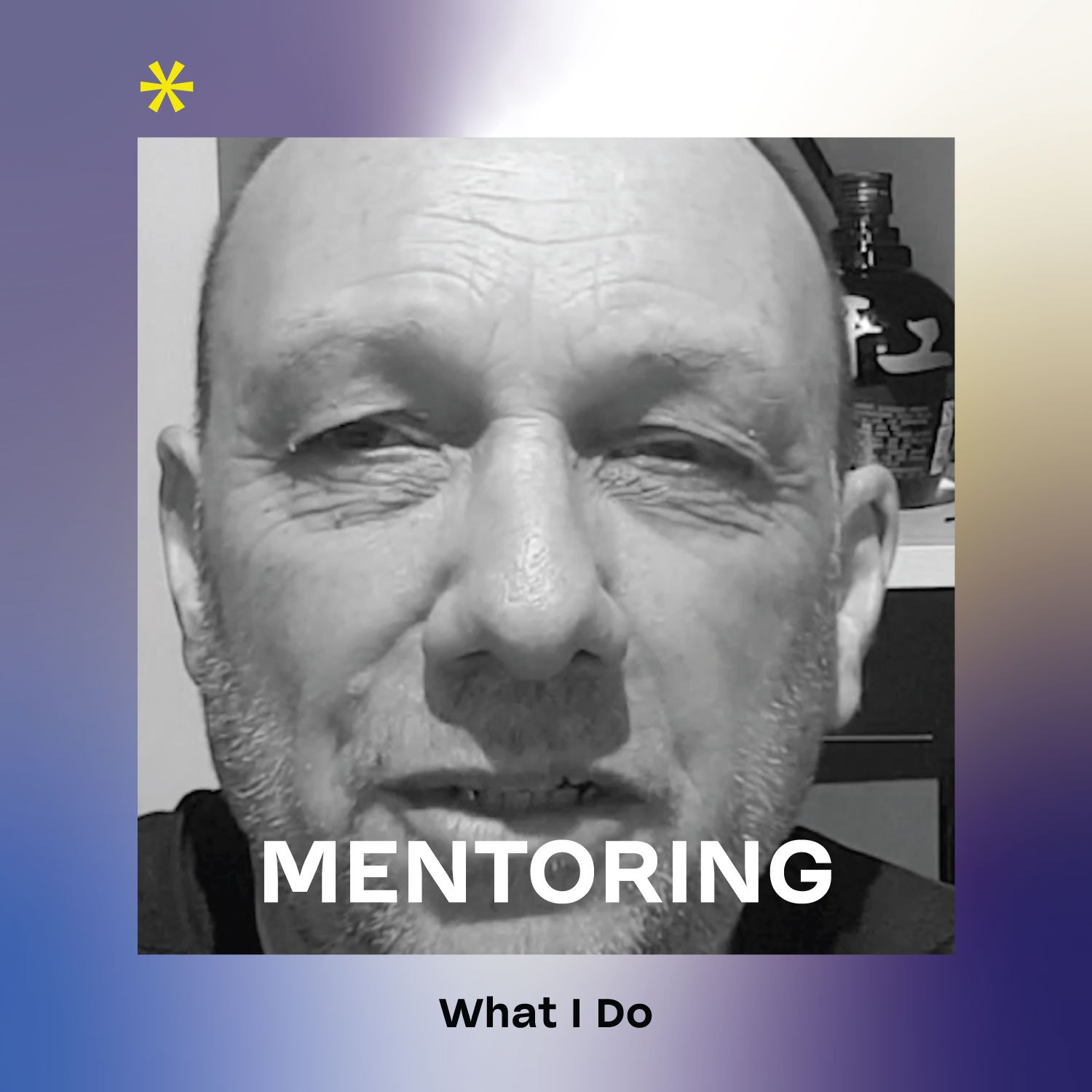
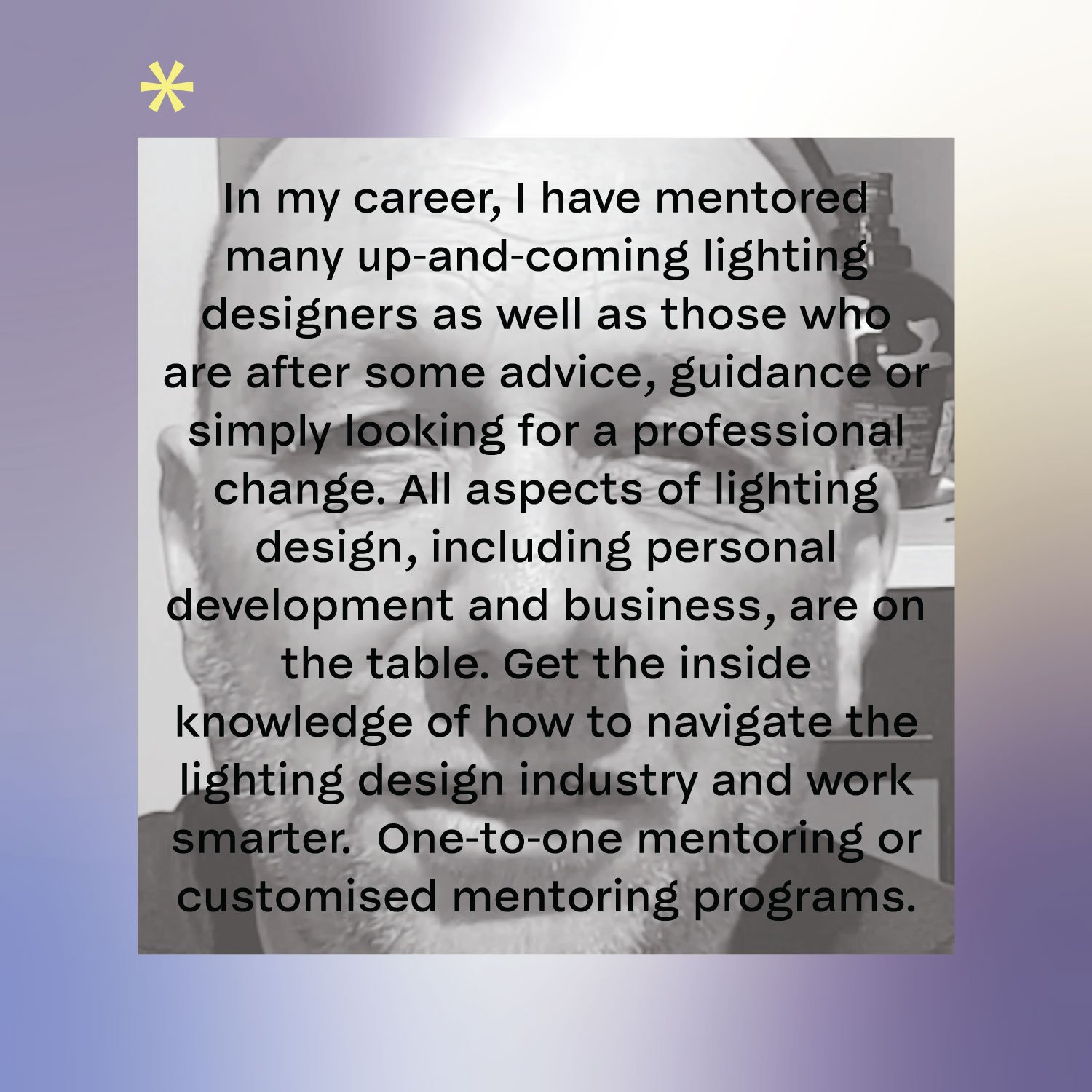
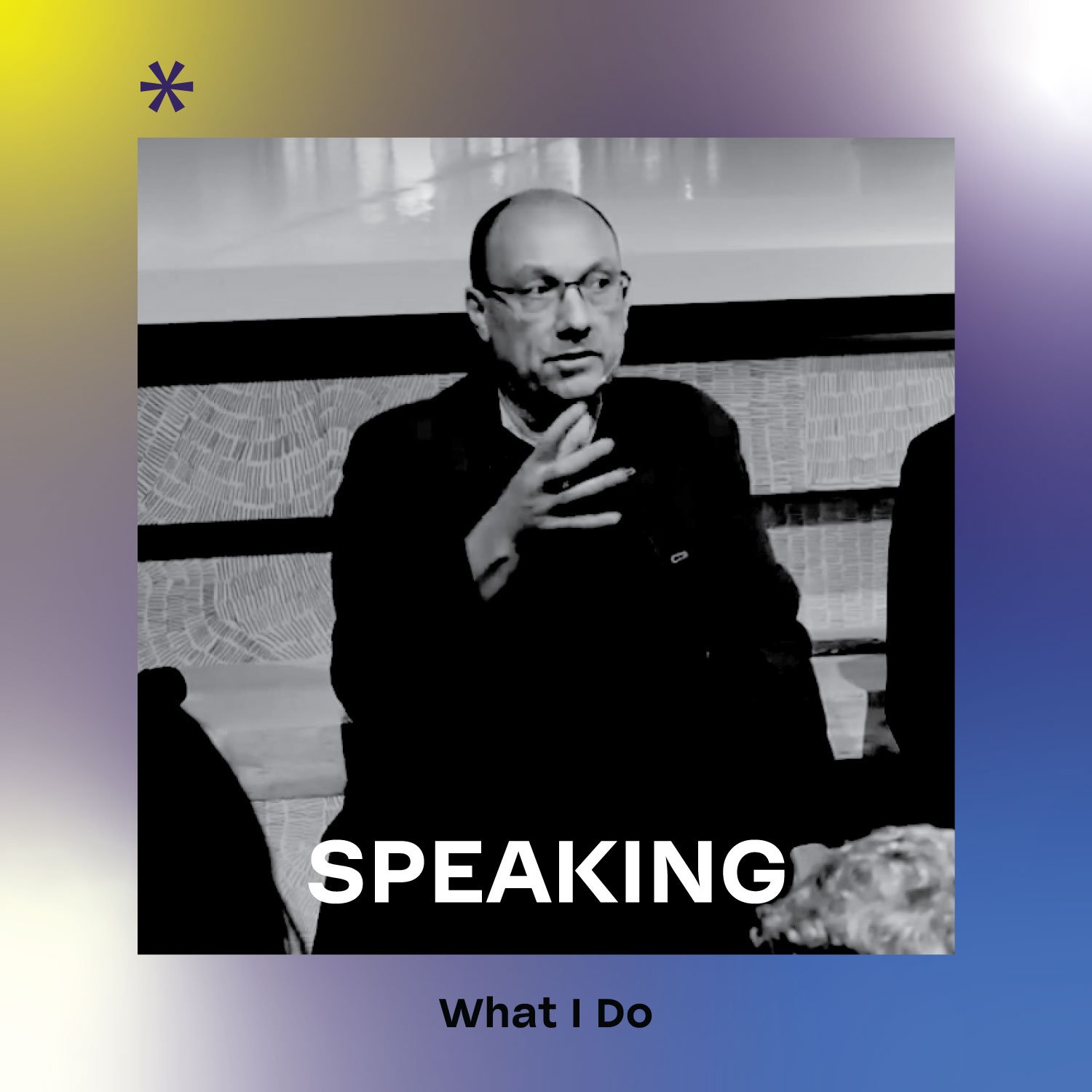
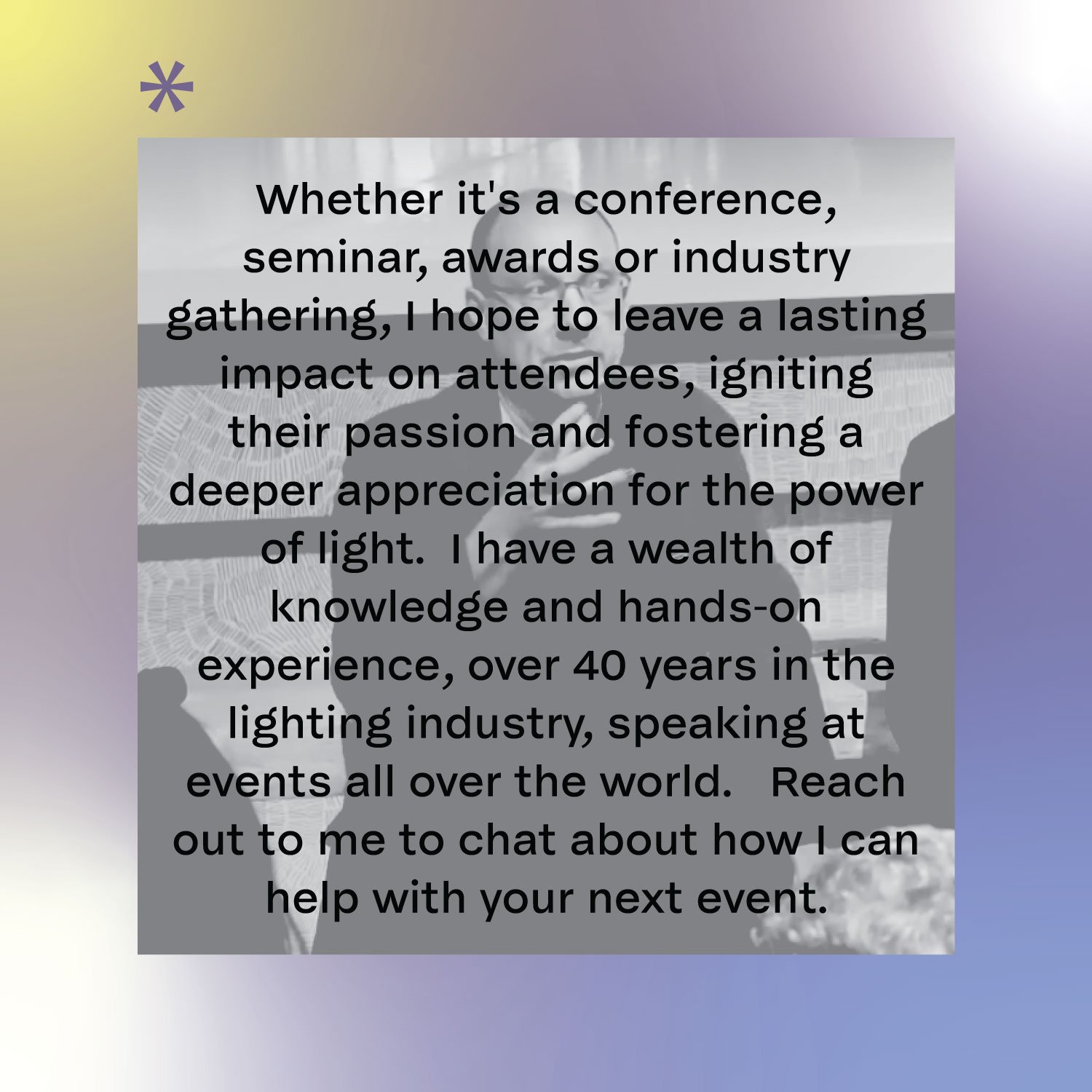
From the Light Talk Desk
Light Talk Books
GET YOUR COPY TODAY!
In October 2009, coinciding with the Professional Lighting Designer’s Convention in Berlin (PLDC), I decided to start writing a daily blog about lighting (my passion) for a year. In my job as a lighting designer I would travel to projects all over the world and meet many exciting people in and around the industry. Add to that 40+ years of experience, world events and local happenings, I had a rich pool of subjects to tap into.
The name “Light Talk” was chosen consciously to reflect the light heartedness of the blogs. I touch on the subjects that crossed my path daily in a light hearted way, as a reflection, food for thought or simply just to share my experiences as a professional lighting designer.
My first year of blogging is now available in book 1, “A year in the life of light”. Book 2 is a collection of 16 years worth of me writing articles for Lighting Today Magazine, which offers incredible insights into how the lighting industry has evolved from the early days of LED technology up to the ‘smart’ world we live in today.
Join me on the journey into the past, present and future of lighting. You never stop learning and I still have much more to share.
Download extract of Light Talk 1 for FREE
My blogging journey begins on Thursday 29th October 2009. I was in Berlin, Germany at the time. The first of what was to become 365 days of consecutive blogs. Learn about my travels, what I was doing, what I was reflecting on and what crossed my path for the first 8 days. A month’s glimpse into my world. Enjoy!
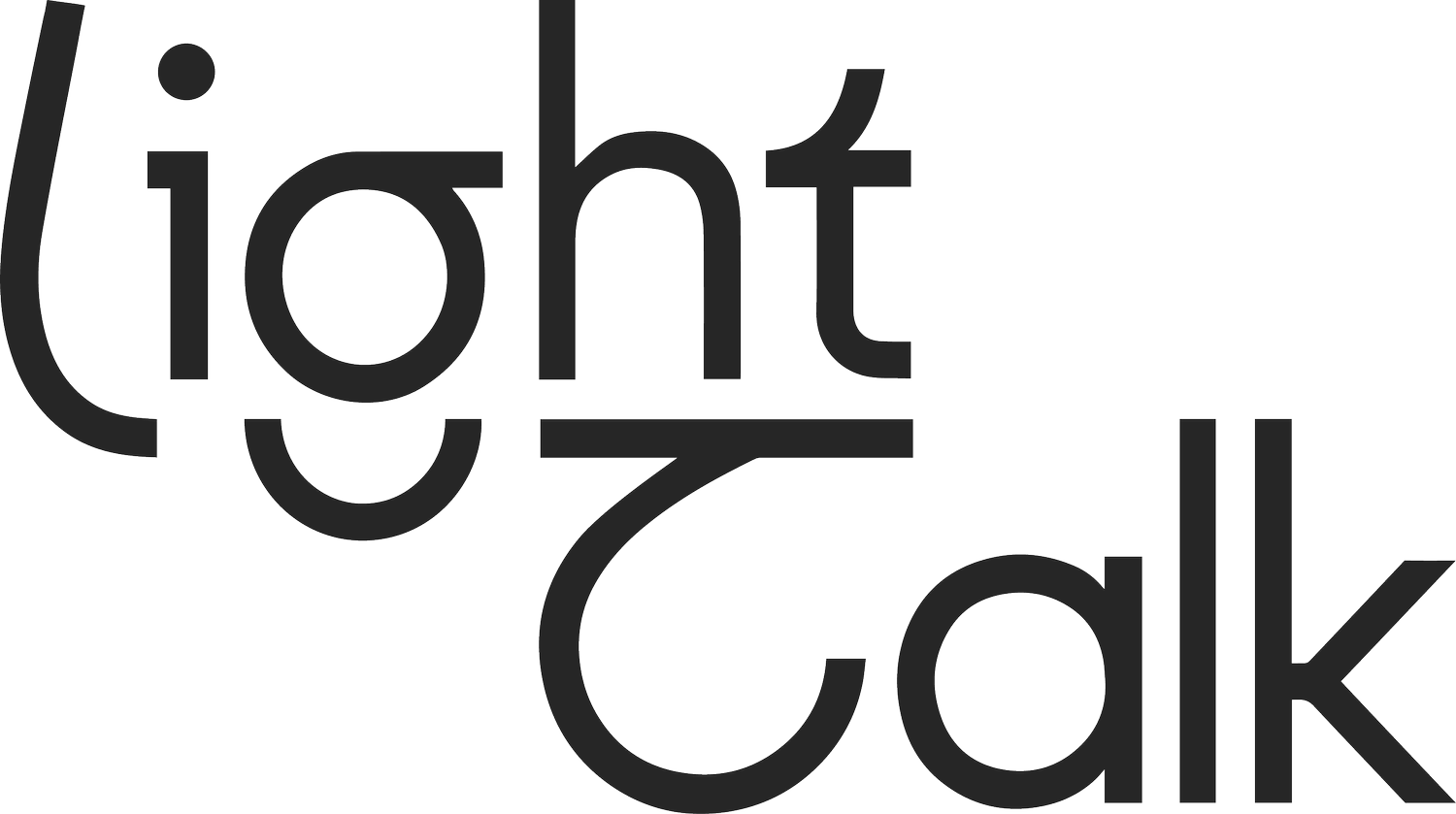










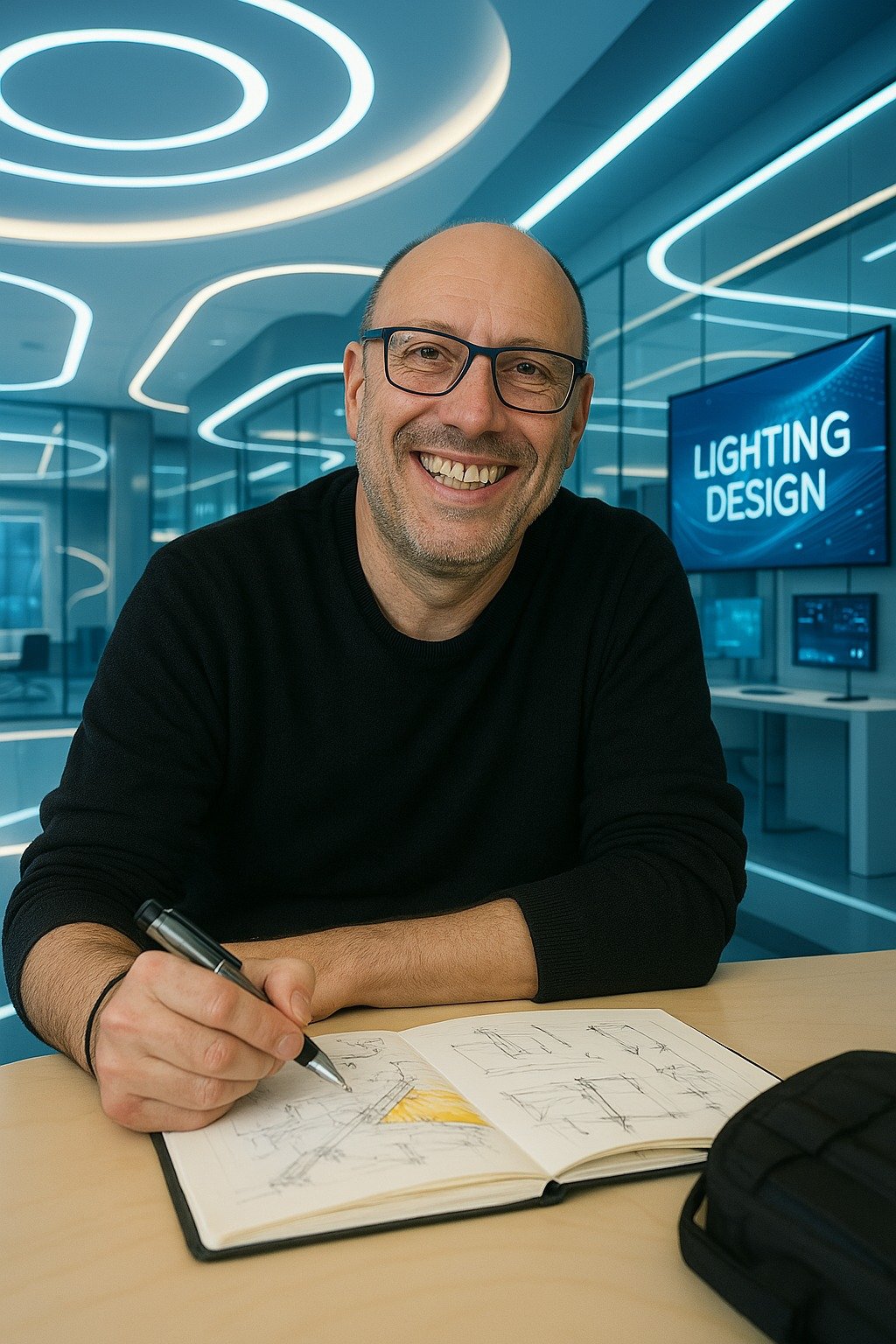


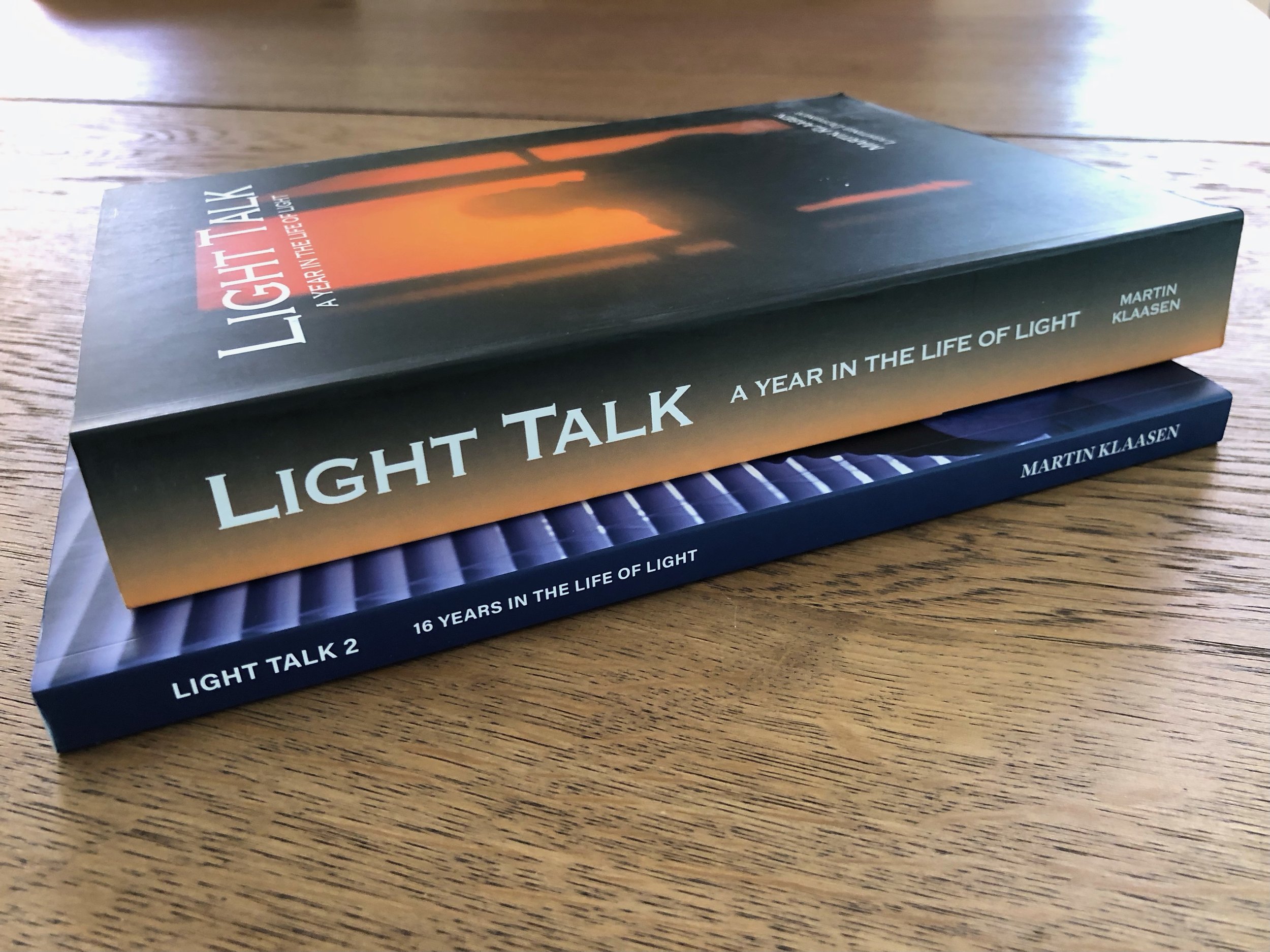

The revolutionary impact of artificial intelligence on lighting education takes centre stage in this thought-provoking conversation with Phil and Daniel from BHA School of Lighting. As pioneers in online lighting education since 2017, they offer unique insights into how AI is transforming both learning methodologies and the lighting profession itself.
When students began submitting suspiciously polished assignments with distinctive AI fingerprints, the educators faced a critical question: Is AI a valuable learning tool or a shortcut that undermines genuine education? The answer proves far more nuanced than expected. While some universities have embraced unrestricted AI use, BHA takes a more measured approach, implementing a 15% grade penalty for AI-generated work that lacks proper integration with course materials. Surprisingly, not a single student has contested these penalties.
The conversation reveals concerning research from MIT Media Lab showing students using AI for academic tasks demonstrate up to 55% less brain activity in areas related to creativity, memory, and semantic processing. As Daniel aptly puts it, "AI is not going to remember for you." This raises profound questions about skill development in an AI-assisted world. How will the next generation of lighting designers develop the intuition that comes from years of hands-on experience?
For lighting professionals, the implications extend beyond education. While AI excels at generating impressive concept renders and streamlining documentation, it falls short in understanding the emotional and practical nuances of lighting. The educators share fascinating examples of using Midjourney to animate Relux lighting designs, while emphasising that AI cannot replicate the human sensitivity needed to create truly exceptional lighting experiences.
Whether you're a lighting professional curious about integrating AI into your workflow or an educator navigating this technological revolution, this episode offers valuable perspective on finding balance. As Phil concludes, we must embrace AI as a companion rather than a replacement – understanding its capabilities and limitations while preserving the human expertise that makes lighting design both an art and a science.